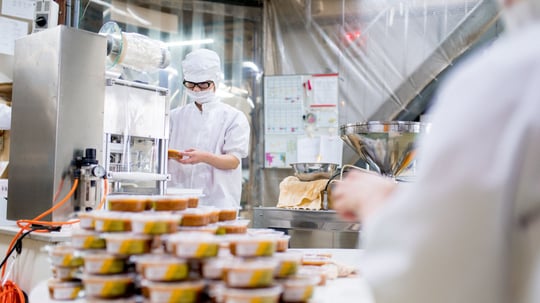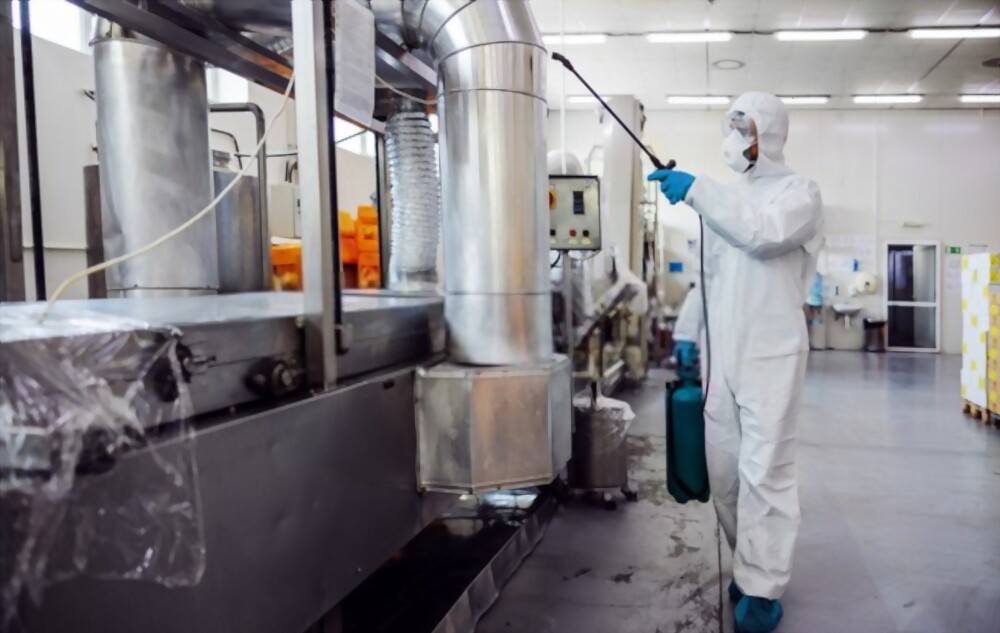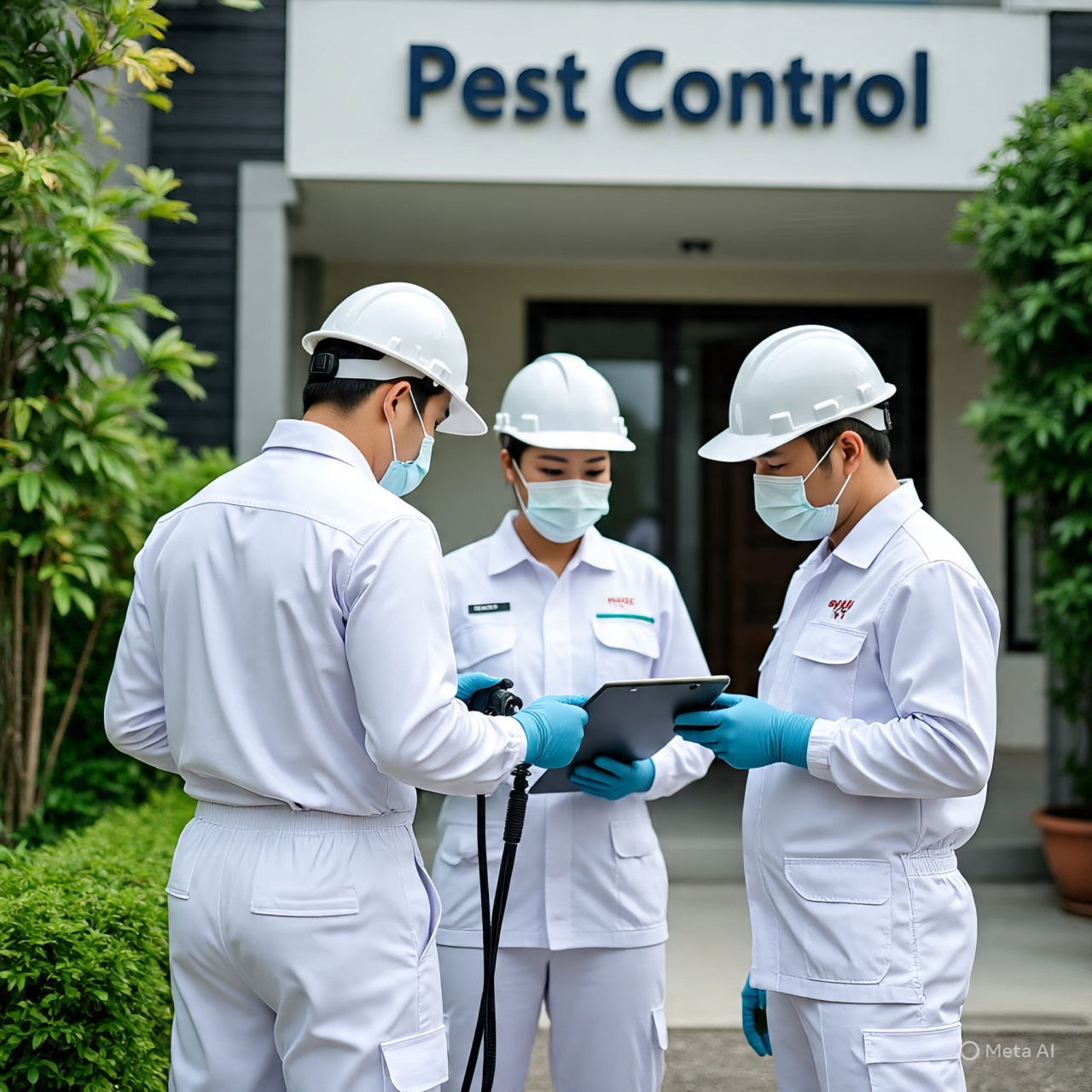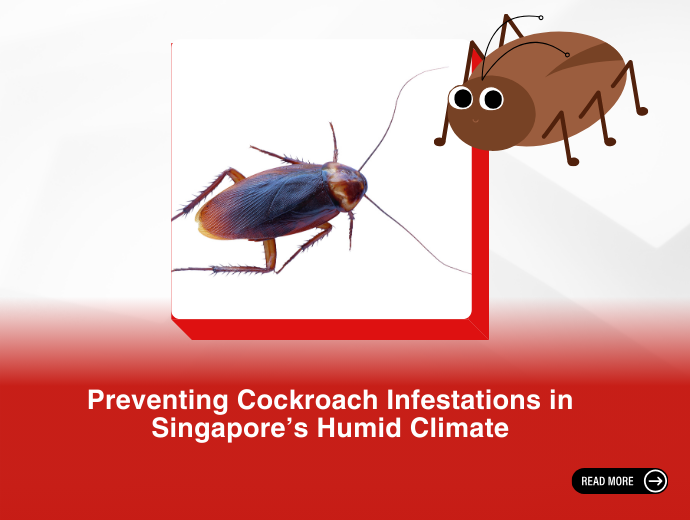To ensure that hygiene is maintained in food products, food processing plants have to ensure there is an integrated pest management plan in place. One of the main sources of contamination at food processing plants are pests. So, pest control services in the food industry includes: 1) sanitation 2) exclusion methods and 3) pest prevention and elimination programmes need to be handled by professionals only.
The process of pest control services for the food processing industry can start with a few simple practices onsite, such as keeping important food equipment off the floor, storing food in sealed containers, and much more. However, these can only support maintaining cleanliness and must work hand in hand with the pest control process.
Process of Pest Control Services
Typically, pest control services procedures begin with an initial inspection of the site along with a safety risk assessment of the premises. Then, based on the type of pest, a proposal would be prepared considering the needs and preferences of the client.
Then, upon the completion of the pest control programme, a service report is created along with trend analysis to increase the understanding and awareness of the pest infestation onsite. Finally, frequent monitoring and inspection of the plant will continue. It is also important for you to train your staff to comply by food safety standards to ensure a healthy pest-free environment.
Methods of Pest Control
Here are 2 common methods of pest control services in food processing plants.
1. Insect Traps
Different types of traps are used for different pests in food processing plants. The type of trap places also depends on other factors like environmental conditions, the location of placement, and the temperature exposed to the traps. Finally, the number of traps placed as well depends on the size of the facility and what type of activity is being carried out in the particular area.
2. Pesticides
Pesticides for infestations are usually applied across the food manufacturing facility to ensure hygiene all across. These include areas such as work stations, storage rooms, machine rooms, vestibules, offices, bin centres, and the rest of the facility.
Advantages of Regular Pest Control Services at Food Processing Plants

While pest control services ensures the hygiene of the food that is being processed in the plant, several other advantages come along. One of the key advantages is that regular pest control can drastically reduce food contamination. Pests like crawling insects, rodents, flies, and more will not infect your food unknowingly, leading to unhygienic produce. Proper pest control can:
- Reduce the spread of diseases through pathogens
- Avoid contamination of food and work stations
- Prevent revenue loss
- Help maintain a good reputation
- Avoid damage to equipment
Effects of The Lack of Pest Control
Poor pest control services procedures can lead to poor reviews, loss of revenue for your establishment, and also a bad reputation in the industry. It also takes a toll on your work environment’s sanitation and might result in an eventual loss of customers.
Conclusion
With such an importance placed on maintaining the hygiene by keeping pests at bay, regular pest control is essential for all food processing plants. ORIGIN’s Pest Control Service is one of the best in Singapore, offering environmentally-friendly treatments. ORIGIN’s Commercial Pest Control provides tailored pest management programs that are customized to your requirements.






.png)